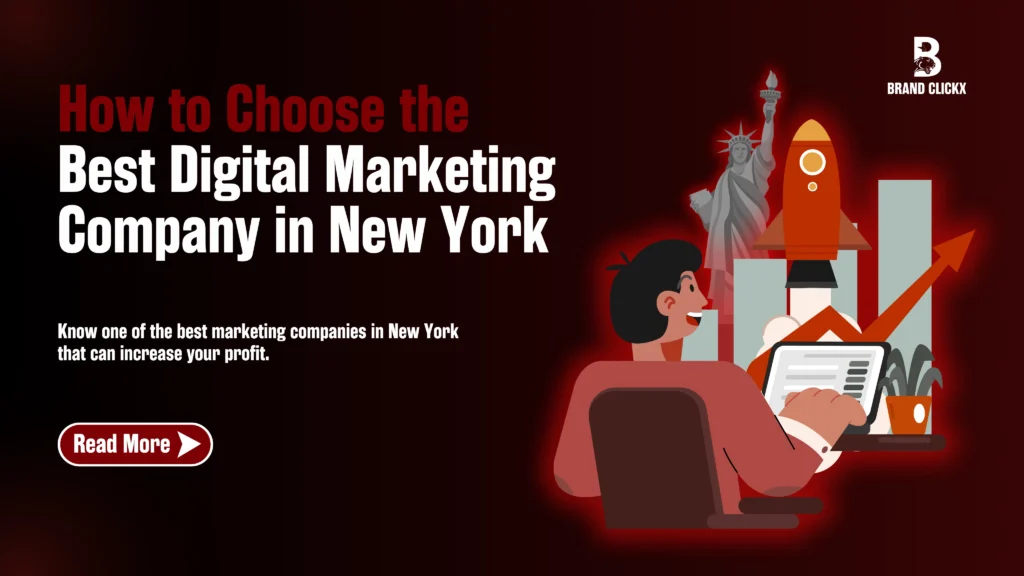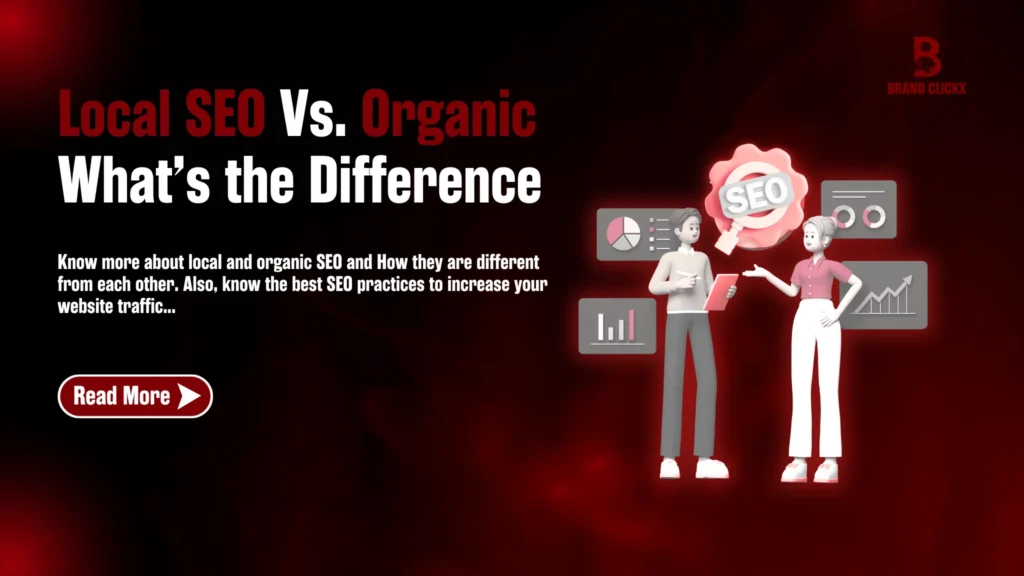Introduction: Why Real Estate Needs Digital Marketing in 2025
The real estate market in 2025 is not what it used to be. Today’s buyers search online, scroll through listings on their phones, take virtual tours before visiting, and make informed decisions based on digital interactions long before they ever speak to an agent. This shift means that digital marketing is no longer a nice-to-have—it’s the core of a successful real estate business.
Real estate digital marketing involves more than just posting properties online. It includes using SEO to rank listings, targeting local markets effectively, leveraging video and virtual tours, engaging prospects on social media, and integrating customer relationship tools to manage leads.
Whether you’re a solo real estate agent or a growing agency, understanding and applying the right digital marketing strategies in 2025 is crucial for growth and conversion.
1. Building a Strong Online Presence
A Mobile-Friendly, Fast Website is Your Foundation
In 2025, having a website that looks great on all devices is non-negotiable. Buyers are browsing listings on phones, tablets, and desktops. Your website needs to load quickly, be easy to navigate, and reflect your brand professionally. A slow, clunky site loses trust and traffic.
Property Listings Should Be SEO-Optimized
Beyond aesthetics, your property listings should be optimized for search engines. This means using location-based keywords like “2-bedroom apartment in Dallas” and adding structured data (schema markup) to help search engines understand and display your listings better.
Including detailed property descriptions, high-resolution images, and embedded video walkthroughs enhances user experience while improving SEO rankings.
Connect Your Website with Google Business Profile
For local visibility, link your website to a fully optimized Google Business Profile. This helps you show up in local searches and Google Maps when buyers search for real estate agents or agencies nearby.
2. Virtual Tours: Selling Without a Physical Visit
The Demand for Digital Property Experiences
In the post-pandemic world, virtual tours have become a staple in the buyer journey. Many buyers expect to preview homes online before deciding to visit in person. As such, agents need to invest in 360° virtual tours or video walkthroughs.
Virtual Staging and Interactive Floor Plans
Virtual staging tools can transform an empty home into a lived-in space, helping buyers visualize possibilities. Interactive floor plans offer a clearer understanding of layout and space.
These elements don’t just enhance the listing—they can significantly increase time spent on the page and reduce bounce rates, improving SEO and lead generation.
Platforms for Hosting Virtual Tours
You can host virtual tours directly on your website or use platforms like Matterport, Kuula, or EyeSpy360. Make sure to link and embed these tours across all your digital channels, including social media and property listing sites.
3. Local Targeting Strategies for Hyper-Local Reach
Think Neighborhood, Not Just City
Successful real estate digital marketing is all about local relevance. Instead of targeting broad city-wide keywords, focus on neighborhoods, school districts, or zip codes.
Example: “Homes for sale near Lincoln High School, Austin” is far more targeted than “Austin homes for sale.”
Geo-Targeted Ads for Specific Audiences
Platforms like Google Ads and Meta Ads allow you to run geo-targeted campaigns, ensuring your listings reach users in specific geographic areas. This is especially helpful when you want to promote open houses, new developments, or community events.
Content That Resonates Locally
Create blog posts or videos about local events, market trends, or neighborhood reviews. Buyers searching for information about a new area are likely to land on your site if you provide valuable, location-specific content.
4. Mastering Social Media for Real Estate
Choosing the Right Platforms
Not all platforms work the same for real estate. Instagram and Facebook are visual platforms ideal for showcasing listings, while YouTube is perfect for long-form virtual tours or Q&A sessions.
LinkedIn may be better suited for commercial real estate or connecting with investors.
Storytelling Over Selling
Social media should not be a listing dump. Instead, use it to tell stories. Share behind-the-scenes looks at home staging, post client testimonials, or share “just sold” stories that explain how you helped clients succeed.
Running Smart Paid Campaigns
Social platforms offer detailed targeting options. You can run ads based on income level, location, behavior, and interests. Use Facebook’s Dynamic Ads for Real Estate to automatically display listings based on user activity.
Leverage Social Proof
Encourage satisfied clients to leave reviews, post about their experience, or tag you in their home buying journey. Social proof builds credibility and trust.
5. Email Marketing and CRM Integration
Segmentation for Targeted Outreach
Don’t send the same email to everyone. Instead, segment your list by buyer type—first-time buyers, investors, sellers, renters—and tailor your messages accordingly.
Email automation tools let you schedule personalized sequences, such as “new listings alerts” or “weekly market updates.”
CRM Tools for Better Lead Management
Integrating a CRM (Customer Relationship Management) tool like HubSpot, Salesforce, or Zoho helps you manage leads effectively. These systems track all interactions, automate follow-ups, and help you nurture leads throughout the buying cycle.
CRM systems also provide valuable data insights on lead behavior, email open rates, and follow-up history.
6. The Role of SEO in Attracting Ready Buyers
Keyword Research for Buyer Intent
Use tools like Google Keyword Planner or SEMrush to identify what potential buyers are searching. Focus on terms with high intent, like “buy 3-bedroom home in Phoenix” or “investment condos near downtown Atlanta.”
On-Page SEO for Listings and Blogs
Optimize your listings with SEO best practices:
- Use descriptive, keyword-rich titles
- Include alt tags for images
- Add internal links to related listings or neighborhood guides
Consistently publishing useful blog content such as “Top 5 Suburbs for Families in Miami” or “How to Get a Mortgage in 2025” builds authority and improves search engine rankings.
User Experience Matters
Google considers page speed, mobile usability, and time on site when ranking pages. A clean, easy-to-navigate website not only pleases visitors but also improves your SEO.
7. Paid Ads and Retargeting: Stay Top-of-Mind
Google PPC for Specific Searches
Pay-per-click (PPC) advertising on Google allows you to show up instantly for specific queries like “homes for sale in Charlotte under $400k.” This is ideal for high-intent buyers who are close to making decisions.
Facebook and Instagram Retargeting
Most buyers won’t convert on their first visit. Retargeting allows you to show ads to users who visited your site but didn’t take action. Retarget with new listings, price drops, or success stories to bring them back.
Budget Allocation and Strategy
Split your budget between brand awareness (top of funnel) and conversion-driven campaigns (bottom of funnel). Use A/B testing to determine which messages, visuals, or formats perform best.
8. Analytics and Performance Tracking
Know Which Metrics Matter
Track essential metrics like:
- Click-through rate (CTR)
- Conversion rate
- Bounce rate
- Cost per lead
- Time on page
These numbers help you evaluate what’s working and what needs improvement.
Use Analytics to Improve Strategy
Google Analytics and CRM dashboards allow you to track where your leads are coming from, what content they engage with, and how long they stay on your site.
Adjust your content and ad strategy based on real user behavior, not assumptions.
9. Common Mistakes Real Estate Marketers Make
- Focusing only on listing quantity rather than quality content
- Ignoring mobile responsiveness
- Neglecting SEO or relying only on social media
- Lack of performance tracking or analytics
- Inconsistent branding across platforms
Avoiding these mistakes sets a strong foundation for sustainable growth.
10. How BrandClickX Can Help You Stand Out in 2025
Navigating the digital marketing landscape as a real estate professional can be overwhelming. That’s where expert help comes in.
BrandClickX specializes in performance-driven digital strategies tailored for real estate. From creating responsive websites to implementing advanced SEO and CRM integrations, our team understands what it takes to attract and convert qualified leads.
We help you craft compelling content, run optimized ad campaigns, and build systems that drive predictable growth. Whether you’re an individual agent or managing a team, we tailor our solutions to your specific goals and markets.
Conclusion: The Future is Digital, and It’s Already Here
2025 is the year for real estate professionals to fully embrace digital marketing. The way buyers search, interact, and make decisions has fundamentally changed—and so must your digital marketing strategy.
From SEO and virtual tours to CRM integration and paid ads, adopting these strategies can significantly boost your visibility and lead conversion. Digital marketing isn’t just about getting noticed. It’s about building trust, providing value, and staying top-of-mind.
If you’re ready to modernize your real estate digital marketing, the team at BrandClickX is here to help you unlock new growth opportunities. Start telling your story, showcasing your listings, and building meaningful client relationships today.
FAQS
1. What are the best digital marketing channels for real estate agents in 2025?
The most effective channels include Google SEO, Facebook and Instagram ads, email marketing, and local-targeted content. Combining these creates a strong multi-channel presence.
2. How can I use SEO to rank my property listings higher?
Use location-based keywords, detailed property descriptions, schema markup, and link listings internally to blog content and neighborhood guides to boost rankings.
3. Do virtual tours really help sell homes faster?
Yes, virtual tours provide immersive experiences, increase engagement, and help buyers pre-qualify properties—leading to quicker and more serious inquiries.
4. What kind of social proof works best in real estate marketing?
Client testimonials, Google reviews, user-generated content, and before-and-after success stories all build trust and credibility with prospective clients.
5. Why is CRM integration important for real estate businesses?
A CRM helps manage and nurture leads, automate follow-ups, track interactions, and personalize communication—improving efficiency and conversion rates.





